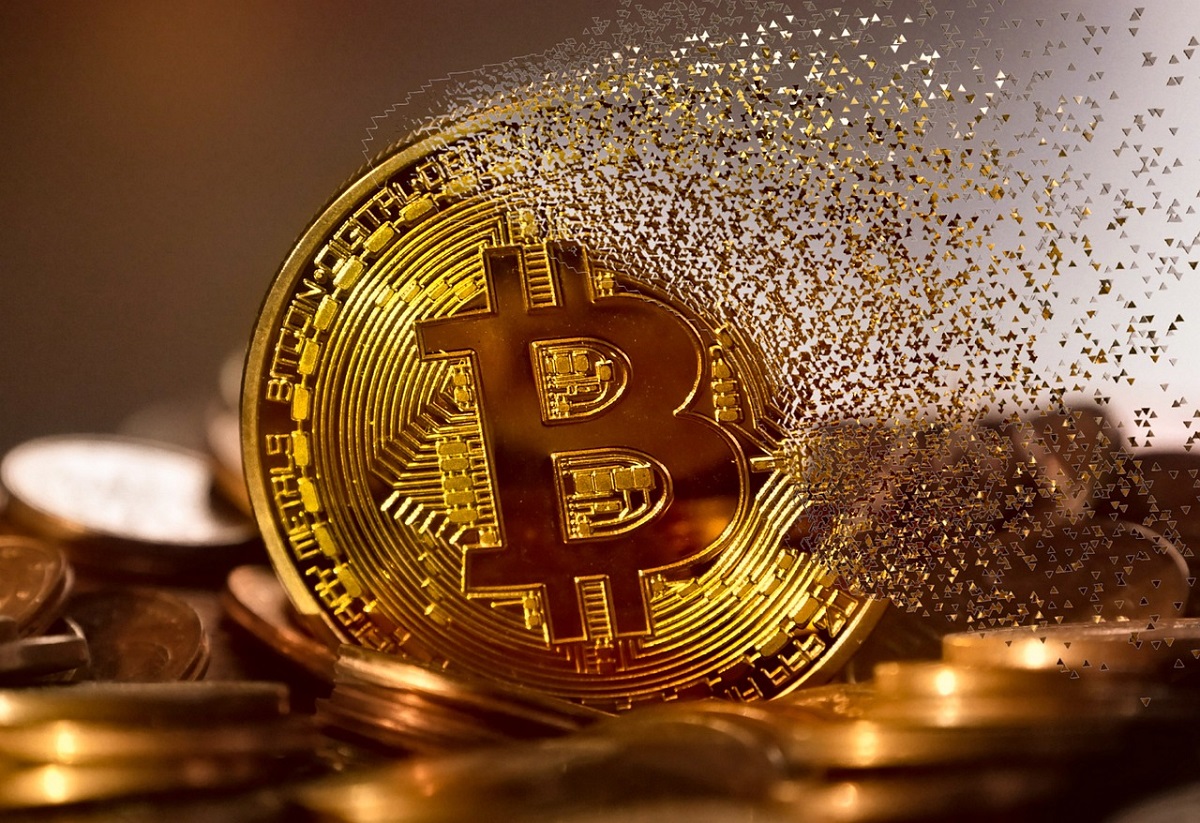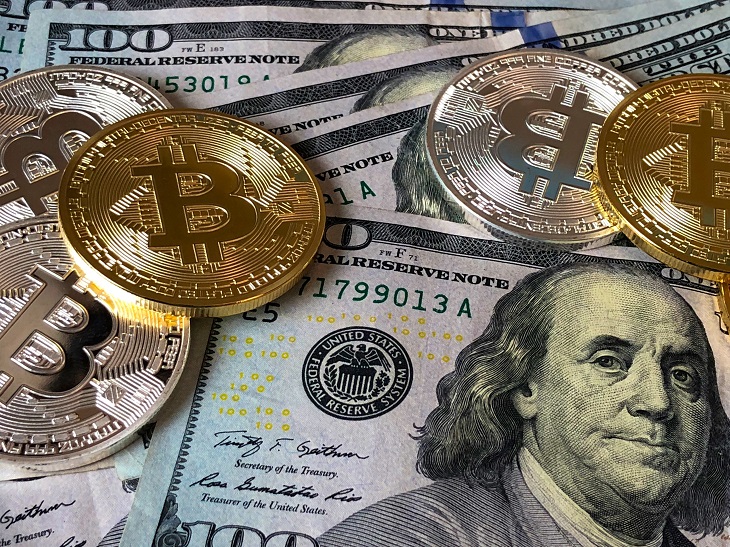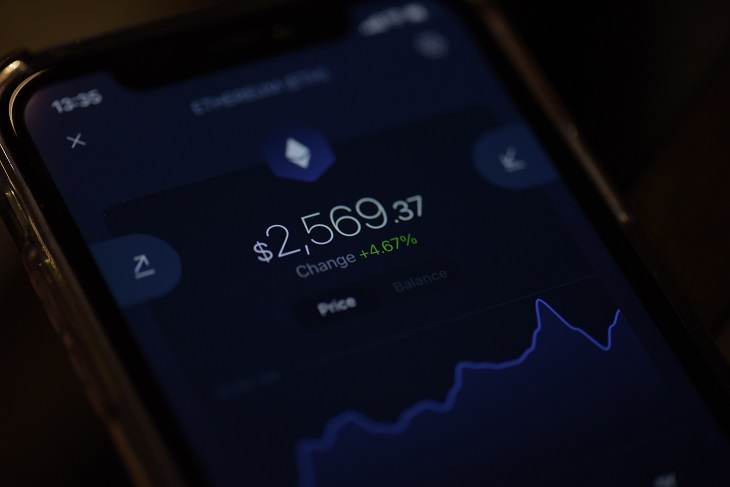NFTs And Creator Royalties: What You Need To Know

Royalties and NFTs – it’s an iconic partnership. We’re talking eggs and bacon, Jennifer Lopez and Ben Affleck, sugar and spice. That type of thing. So… what happens when you try to remove one from the other?
How do NFT royalties work? How do NFT creators get paid? Why are royalties so integral to the Web 3 ethos and the future of NFTs, and why is everyone suddenly getting s-t-r-e-s-s-e-d about them?
Here’s everything you need to know about NFTs and creator royalties.
What Are NFT Royalties?
Royalties in NFTs are the same as royalties in the real world. Essentially, when someone makes an NFT – be that a digital artist, musician, photographer, or company with a project (like BAYC, CryptoKitties, or even us here at Meta Hollywood) – they, as the original creator, are rewarded upon secondary sale of that NFT.
How Do NFT Royalties Work?
Say you’re a digital artist, and you want to mint a five unique one-of-one NFTs in a series depicting families during the holidays (festive!). You finalize your artwork and mint your pieces on SuperRare – an NFT marketplace that caters specifically to artists.
Bids come in, and all five sell out! The whole family is getting an extra present in their stocking this year… But there’s more. Because within the smart contract of that NFT (that’s the unique code behind it; the technological bit), you’ve declared you are entitled to 10% of all resale value.
Now, if any of the five collectors decides to sell your art on a secondary marketplace like OpenSea, you will automatically receive 10% of the purchase price. (This tends to be the average royalty percentage for NFTs, but artists can technically set that percentage at whatever they like.) This process will continue with every resale – forever!

This isn’t the first time artists have received royalties for their work. Physical galleries have had contracts with artists stipulating that collectors pay a set amount of the resale value to an individual (or an estate). However, in practice, this is incredibly difficult to enforce. With NFTs and smart contracts, though, the deal is immutable, the payments instant.
For many, this is what Web 3 is about: returning power to the hands of creators, affording them agency, and allowing traditionally hard-done-by artists to properly monetize their skills. Sounds pretty sweet, huh?
Are Platforms Going To Stop Enforcing NFT Royalties?
Now, this is where the drama starts. NFTs and royalties have been in the news a little lately. But why?
It all started in September 2022, when NFT marketplace Magic Eden announced the launch of MetaShield – a suite of tools designed to help creators actually protect their royalties. All good so far. But then, bizarrely, the marketplace did a huge 180-degree switch.
They announced on social media that:
“After some difficult reflection and discussions with many creators, we’ve decided to move to optional royalties on @MagicEden.”
“Effective later today, we will also begin running a promotion to waive our platform fees.”
So what was the motivation behind the switch? Well, according to Magic Eden, royalties were “not enforceable on a protocol level” – but as many saw it, the situation was all about market forces.
New platforms and marketplaces springing up were not enforcing creator royalties. As the theory went, this left (and would increasingly leave) the creator-friendly marketplaces at a disadvantage, since collectors would look to buy from platforms not enforcing royalties (so they could find NFTs to flip for cheaper).
The NFT community reacted. Was this the beginning of the end for royalties? Wasn’t this the *whole point* of NFTs? Sure enough, it wasn’t long before OpenSea (the biggest and most popular NFT secondary sales marketplace) followed Magic Eden’s lead, and announced it would review its policy on enforcing royalties.
The marketplace asked for the community’s view on the situation, and let’s just say some strong opinions flew in – leading OpenSea to quickly reverse its position. Following the outcry, OpenSea tweeted that they were “awed by the passion we’ve seen from creators and collectors alike this week. We were looking for your feedback, and we heard it – loud and clear.”
Result!

NFT Royalties: Why The Community Fought Back
Apart from cool utilities, royalties are one of the key reasons collectors purchase digital works. We spoke to a few Web3 CEOs and creators to learn more about why they feel royalties must always stay – and what they mean for the NFT community.
Dave Broome, co-founder and CEO of Orange Comet, a Web3 content creation company, told Meta Hollywood:
“Let’s put it in terms of the entertainment industry – can you imagine if you told every music artist that they were going to get paid the first time their records got played on radio or streamed, but after that, they’re won’t receive any royalties?
“Or how about the cast of Friends? Imagine paying the actors for their original work on the show but telling them that the billions of dollars generated in syndication sales are no longer being shared with them in royalties. Any project worth the salt in its sweat should enjoy secondary royalties – it’s not only warranted, but it’s a way of sustaining the growth of a project.”
Sean Ryan, CEO of AQUA, an NFT gaming marketplace, says:
“While the move to make royalties optional will likely result in short-term gains, it proves that the NFT marketplaces who have elected to take this path are not thinking about the long-term health of their platforms, or the health of the industry at large. Creators are the lifeblood of the industry, and if they’re not compensated fairly, they’ll seek out other opportunities that will pay them for their important work.
“Web3 and NFT technology offer huge promise to the gaming industry, thanks to its ability to create true ownership – something gamers have yearned for since the inception of video games. But cutting back on investing in the things that make people love the industry – creator content – is just bad business.”
Unchained Music CEO Matt Waters weighs in:
“Musicians and creators should have the rights to set resale royalties, and for those resale royalties to be honored. OpenSea has done the right thing by attempting to enforce these royalties, even when it could potentially cost them market share. Moving forward, platforms need to enshrine Web3 ideals at the forefront of what they do, and this starts by prioritizing creator intention, not profits at the expense of the creators themselves.
“This pursuit of profit before creator is how we ended up where we are in the music industry, and it’s a sad day when we see this playing out in our Web3 industry once again. Support creators. Support mandatory royalties!”
Featured image by mohamed_hassan on Pixabay
